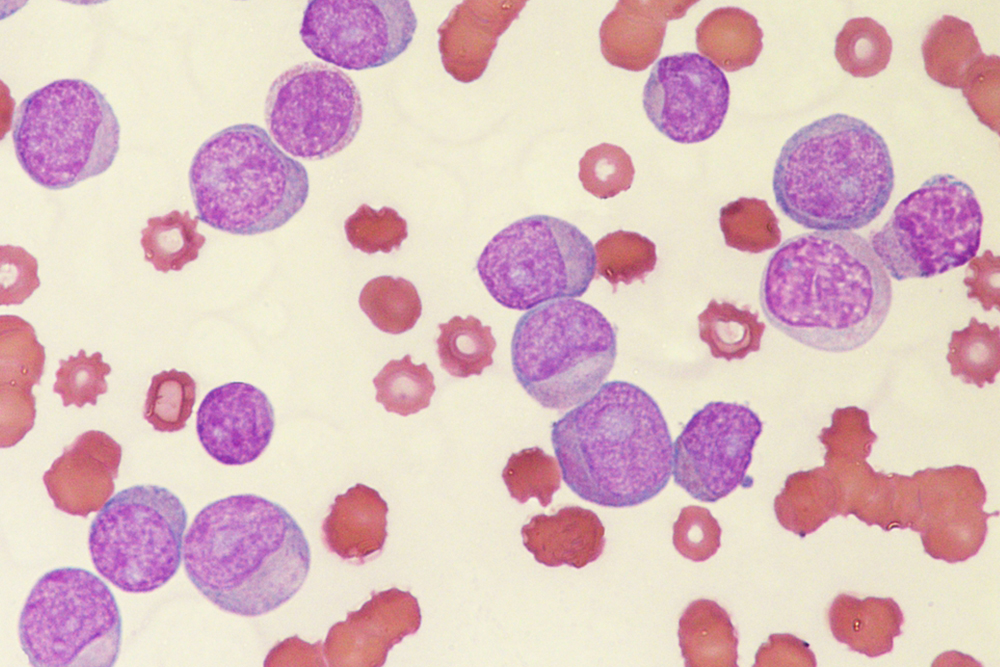Myeloid S1P1 Deletion Reduces Inflammation and Fibrosis in MASH Without Altering Steatosis

Metabolic dysfunction-associated steatohepatitis (MASH) is driven by immune-mediated hepatic inflammation, triggered in part by lipid dysregulation, especially elevated palmitic acid, which activates the sphingolipid pathway and raises sphingosine 1-phosphate (S1P) levels.
FDA Approves Resmetirom for MASH

Resmetirom received accelerated FDA approval in March 2024 for treating metabolic dysfunction-associated steatohepatitis (MASH) with moderate to advanced fibrosis (F2-F3), based on positive outcomes from the MAESTRO-NASH and MAESTRO-NAFLD-1 trials.
Nationwide Study Reveals High Burden of Liver Steatosis and Fibrosis in China’s Adult Population

This nationwide, population-based cross-sectional study aimed to assess the prevalence of liver steatosis and fibrosis in both the general population and high-risk groups in China, using data from over 5.7 million adults who underwent health check-ups between 2017 and 2022.
Efruxifermin Shows Promise in Treating MASH, Targeting Liver Scarring

Efruxifermin, an experimental drug mimicking fibroblast growth factor 21 (FGF21), is being investigated in phase 3 SYNCHRONY trials for the treatment of metabolic dysfunction-associated steatohepatitis (MASH).
Liver Biopsy Evaluation in MASH

During recent decades, the metabolic dysfunction-associated steatohepatitis (MASH) field has witnessed several paradigm shifts, including the recognition of liver fibrosis as the main predictor of major adverse liver outcomes.
NASH Becoming Leading Cause for Liver Transplantation

Nonalcoholic steatohepatitis (NASH) is rapidly becoming the leading indication for liver transplantation in the US. However, patients with NASH face significant barriers to care, including challenges related to weight loss, which is often required for liver transplant eligibility.
Resmetirom and Advanced Liver Fibrosis

Resmetirom (MGL-3196) received accelerated FDA approval in March 2024 for treating MASH with moderate to advanced liver fibrosis (F2-F3). This approval followed the MAESTRO-NASH trial, which showed significant efficacy in resolving MASH and improving fibrosis without worsening steatohepatitis.
Resmetirom FDA-Approved for MASH

In 2024, resmetirom (MGL-3196) became the first FDA-approved drug for MASH, demonstrating significant efficacy in resolving MASH without worsening fibrosis in 27% of patients, compared to 10% in the placebo group.
MASEF Score Promising for Early Detection of At-Risk MASH, Non-Invasive Alternative to VCTE

Early identification of patients with a NAFLD activity score ≥4 and significant fibrosis (≥F2) is crucial, as these individuals are at increased risk for disease progression and may benefit from timely interventions. To improve diagnosis, researchers developed the MASEF score, a metabolomics-based tool that incorporates 12 lipids, BMI, AST, and ALT levels, to identify patients with at-risk metabolic dysfunction-associated steatohepatitis (MASH).
Top Therapies for Reducing Hepatic Fat in MASH Identified in Meta-Analysis

Metabolic dysfunction–associated steatohepatitis (MASH) is a major contributor to liver disease, and reducing hepatic fat is critical for improving patient outcomes. A systematic review and network meta-analysis evaluated the efficacy of various pharmacological treatments in reducing liver fat in MASH patients, as measured by MRI proton-density-fat fraction (MRI-PDFF).

